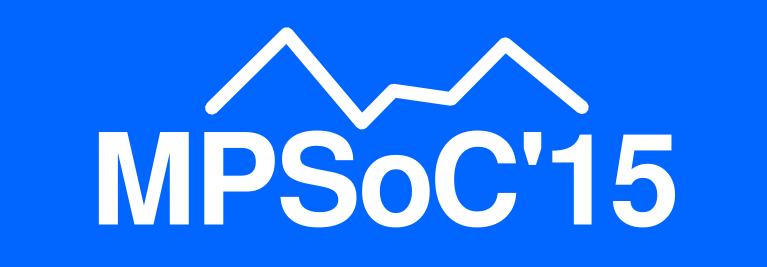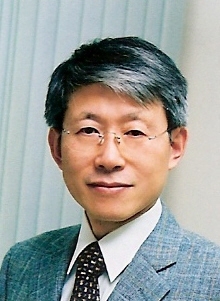
15th International Forum on MPSoC for Software-defined Hardware
July 13-17, 2015, Ventura Beach Marriott, CA, USA

Slides available here!
Speaker:
Prof. Kiyoung Choi, Seoul National University, Korea
Title:
PEI: Processing-in-Memory-Enabled Instruction
Abstract:
Processing-in-memory (PIM) is rapidly rising again as a viable solution for the memory wall crisis, after its unsuccessful attempts in 1990s. One of the key reasons for the return is the recent advancement in 3D stacking technologies that alleviate the practicality concerns in implementing PIM. However, it is still challenging to integrate the PIM architectures with existing systems in a seamless manner due to handling data copies in the memory hierarchy and the corresponding changes in programming models. This talk presents a low-overhead PIM architecture that does not change the existing sequential programming models. It automatically decides whether or not to execute PIM operations in either memory or processors depending on the locality of data. The key idea to accomplish this is to implement simple in-memory computations as compute-capable memory commands and interface them to host processors as specialized instructions of the host processors, which we call PIM-enabled instructions (PEIs). This allows PIM operations to be interoperable with existing programming models, cache coherence protocols, and virtual memory with no modification. Furthermore, a simple hardware structure that monitors the locality of data accessed by PEI at runtime facilitates adaptively executing some of them at host processors when they can benefit from large on-chip caches. This talk also presents a case study on how emerging data-intensive workloads can benefit from the new PIM abstraction and its hardware implementation.
Bio:
Kiyoung Choi is a professor of Electrical and Computer Engineering at Seoul National University. He received B.S. degree in electronics engineering from Seoul National University in 1978, M.S. degree in electrical and electronics engineering from KAIST in 1980, and Ph.D. degree in electrical engineering from Stanford University in 1989. He worked for Cadence Design Systems from 1989 to 1991. His research interests are in computer architecture, embedded systems design, low power design, and design automation.
* If you wish to modify any information or update your photo, please contact the web chairmpsoc2014@imag.fr